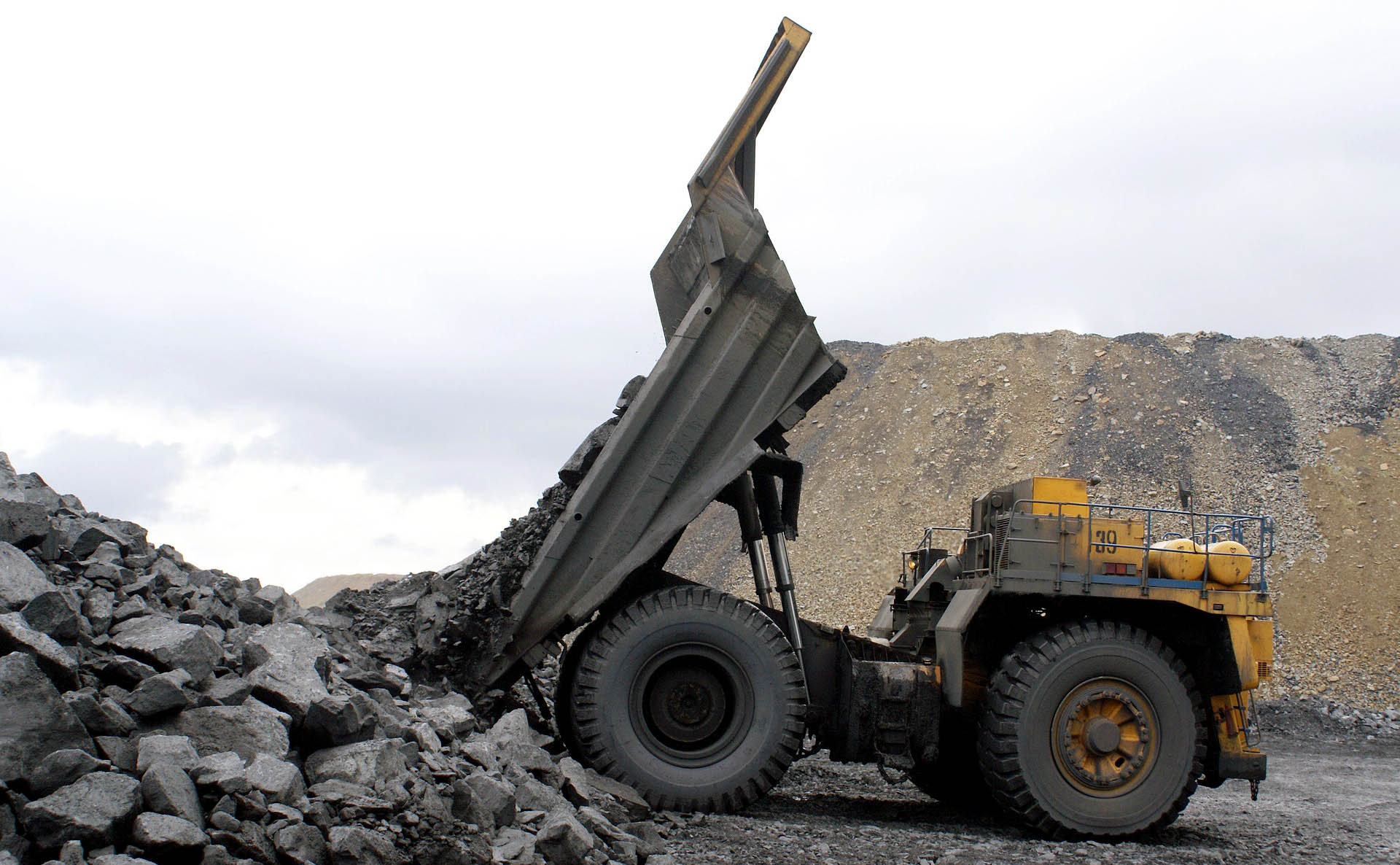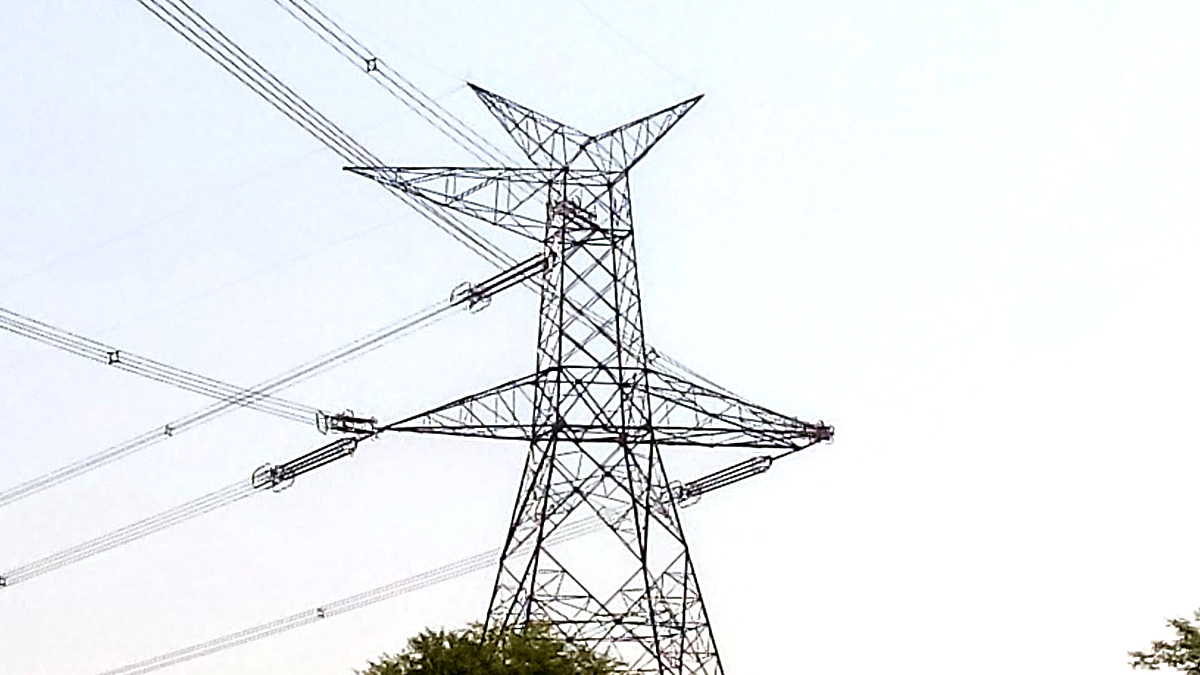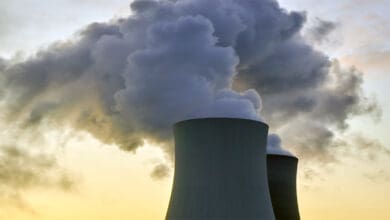Government of India has enabled State governments and UTs by allowing flexibility in utilization of domestic coal amongst power generating stations to reduce the cost of power generation. States can use their Linkage domestic coal, under flexible utilization of coal, in the Case-2 Scenario-4 power plants leading to reduction in cost of Power. Entire savings shall be passed on to the electricity consumers.
At present consumers of Punjab, Haryana and UP will benefit from this. The expected savings in Punjab alone is going to be around Rs 300 Crores per annum. This will also help in reduction in import of coal and is aligned to the Aatmanirbhar Bharat initiative. It will also reduce the carbon emission as the coal will be used in the more efficient power plants with lower Station Heat Rate.
Under the flexibility in utilisation of domestic coal, states can also use their aggregated linkage coal ie Aggregated Annual Contract Quantity (AACQ) in the power plants which have been established through competitive bidding under Case2- Scenario-4.
The Case-2, Scenario-4 power plants are those power plants which have been bid based on the Net Heat Rate and the power generated from such power plants is supplied to the state itself. These power plants have been established through a bidding process under the guidelines issued by Ministry of Power under Section 63 of the Electricity Act 2003.
While transferring the linkage coal by the state, it may be ensured that these plants are more cost efficient vis-à-vis the state-owned plants leading to savings in the cost of power purchase. The entire savings due to the use of such linkage domestic coal of the state will automatically be passed to the DISCOMs and ultimately to the consumers. These power plants will utilise the transferred coal only for generation of electricity for supply to the state.













